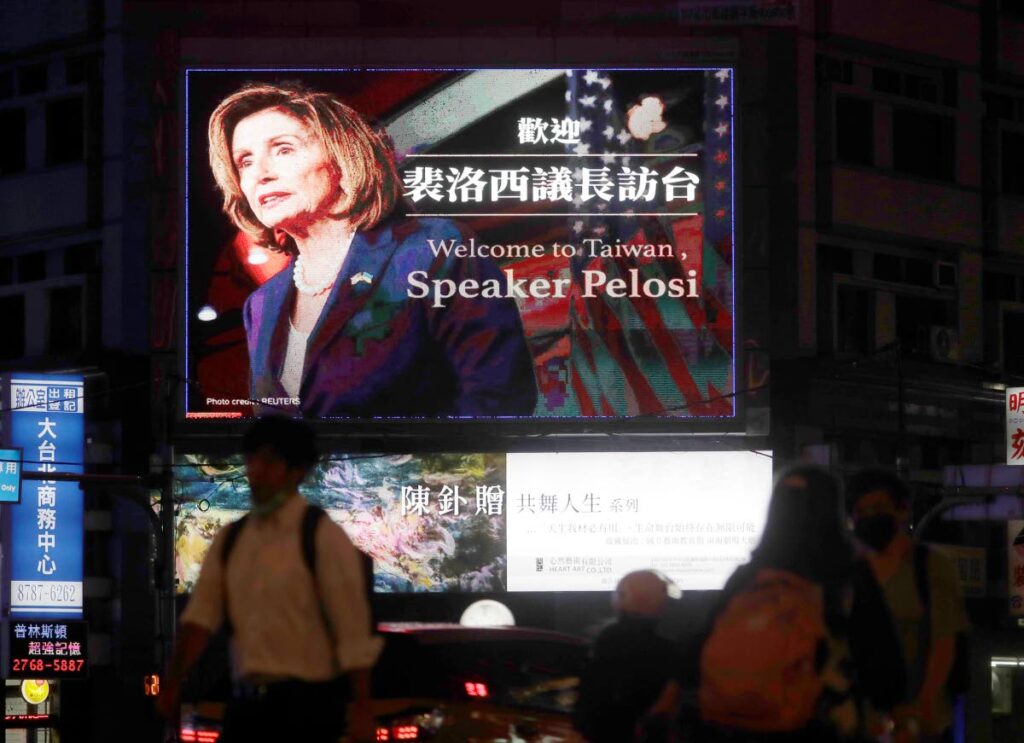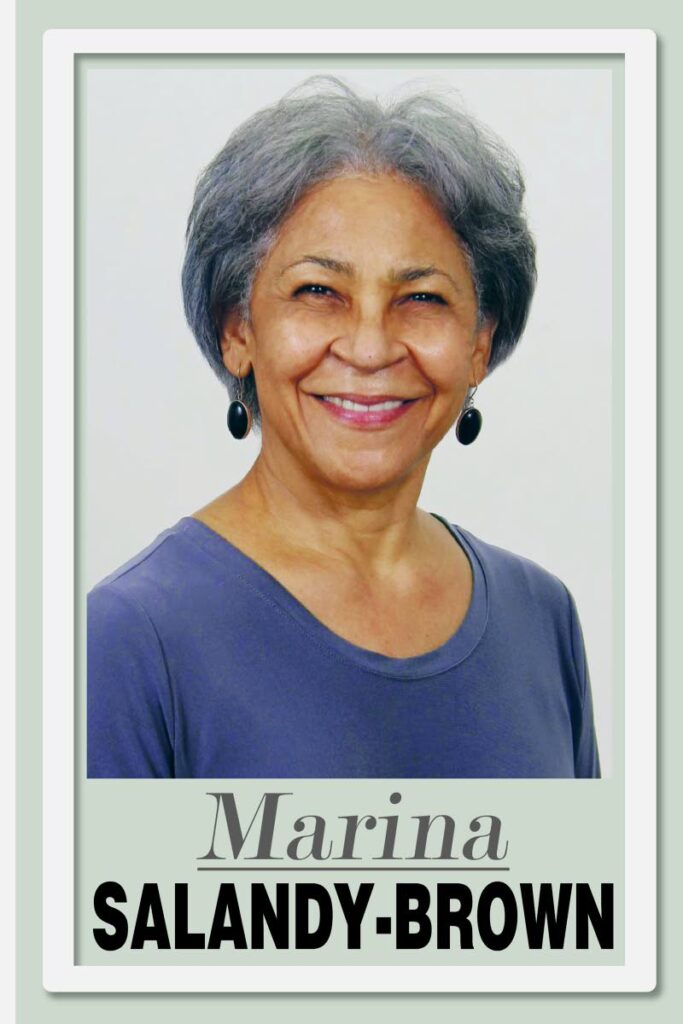Pelosi’s Taiwan showdown

The flying visit last week of the US Speaker of the House of Representatives to Taiwan was an interesting move by the 82-year-old Democratic firebrand Nancy Pelosi. The hugely experienced lady of high politics probably feels that at her age she has won the right to call a spade a spade and deal with the consequences later. Others might not see it that way, but there is something to be said for it.
I woke to the news of her visit and China’s totally predictable reaction with a sense of dread. But if we think back to how China has shown its true intentions with regard to Hong Kong, there is no sense in not being factual about the Taiwan situation.
The terms "Chinese walls" and "Chinese whispers" are now not politically correct and that’s as it should be, not least since the current Chinese leadership does not believe in such approaches.
Xi Jinping is direct on all matters. His message is loud and clear: You mess with me and you will get in where it hurts most. And in Nancy Pelosi he has met his match.
My favourite US current affairs programme is CNN’s Fareed Zakaria, who recently interviewed the chairman of Taiwan’s world biggest semiconductor manufacturer, Taiwan Semiconductor Manufacturing Company (TSMC), Mark Liu. The company is said to command over 56 per cent of the global market share of the semiconductor industry, which means all the big tech producers depend on TSMC’s microchips, including Apple and AMD. China, as the world’s largest semiconductor consumer of chips in unfinished products, also depends on TSMC.
Dr Liu, who met the House Speaker on her short visit, seemed to me to be living in a make-believe world in which Taiwan’s current balancing of its co-dependence with China could prevent Taiwan being taken by force and TSMC along with it.

His theory is that China would understand that the very intricate and sophisticated chip business depends on trust and “real-time correction with the outside world” and that Taiwan’s most important company would be rendered “inoperable” if seized by Beijing. He argued that the industry is so important to Chinese manufacturing it is protected from threats. I have since learned that Taiwan, not just TSMC, sees its dominance of the microchip industry as a form of defence known as the “silicon shield.”
Well, that may well be an inadequate defence in the long run. For now, China is reportedly retaliating for the Pelosi visit by cutting sand exports to Taiwan – sand is essential to chipmaking – and military grandcharging.
When there is force, however, there is always room for error and events spiralling out of control. Japan has already called for a halt to the exercises in the seas around Taiwan that are encroaching upon Japanese maritime space.
Taiwan is an irritant to China. Understandably so, since the country stands in direct opposition to communist China, having been the place of refuge of the defeated anti-communists who fled to the island after WWII, and is regarded as a breakaway province which must be eventually reunited with mainland China.
The diplomacy is as sensitive as the microchip, and Pelosi gets it. Her trip lays bare the minefield that is China’s “One-China” policy. China has managed to convince most of the world to accept diplomatic recognition of only the government of mainland China, but does not preclude the US, for example, selling arms to the Republic of Taiwan and having strong unofficial relations.
The anomaly arises from the history of the post-WWII years. During the worst of the Cold War, Taiwan was China and Chiang Kai-shek was the big player on the world stage, holding a seat at the UN for over 20 years. He was once a household name. Then in 1971 the UN voted to oust Taiwan, and China took its place on the Security Council and the rest followed, including the complex nature of the alliances.
In the end, it comes down to national interests, and Pelosi is working in the cracks to safeguard US interests. Her gamble, and the Taiwanese agree, is that China would not wage a tricky, full-blown war against Taiwan even if it showed off its might.
The US military is unhappy that the untimely visit may be a red flag to an already angry bull and the Democratic government could definitely not undertake such a visit, given the sensitivities, but the potential economic gains were in the sights of the congresswoman. According to media reports, the Pelosi agenda with TSMC focused on the US$52 billion the US is lining up to support US chipmaking and the US$12 billion chip factory to be built in Arizona.
By strengthening economic ties, and thereby frustrating China’s diplomatic policy, TCMS and the US might be constructing a fortress, but every fortress in history has been taken, and diplomacy is the art of speaking from both sides of the mouth.
China understands that. Let’s see if the US can build its chip industry before the odds change and Xi Jinping claims Taiwan, which seems to be a personal ambition.

Comments
"Pelosi’s Taiwan showdown"